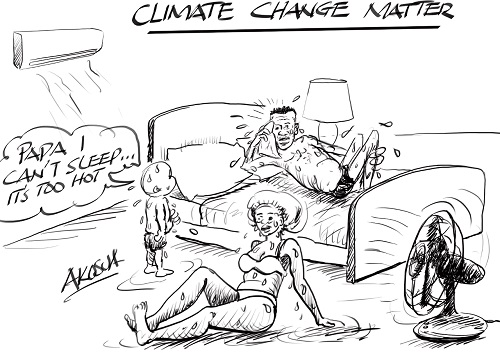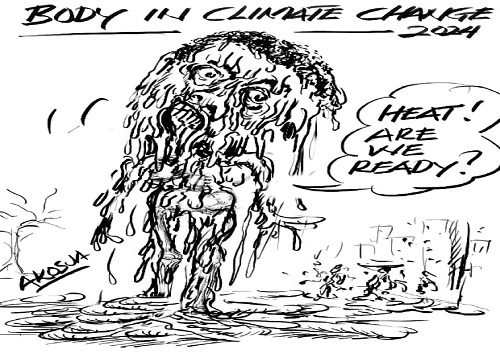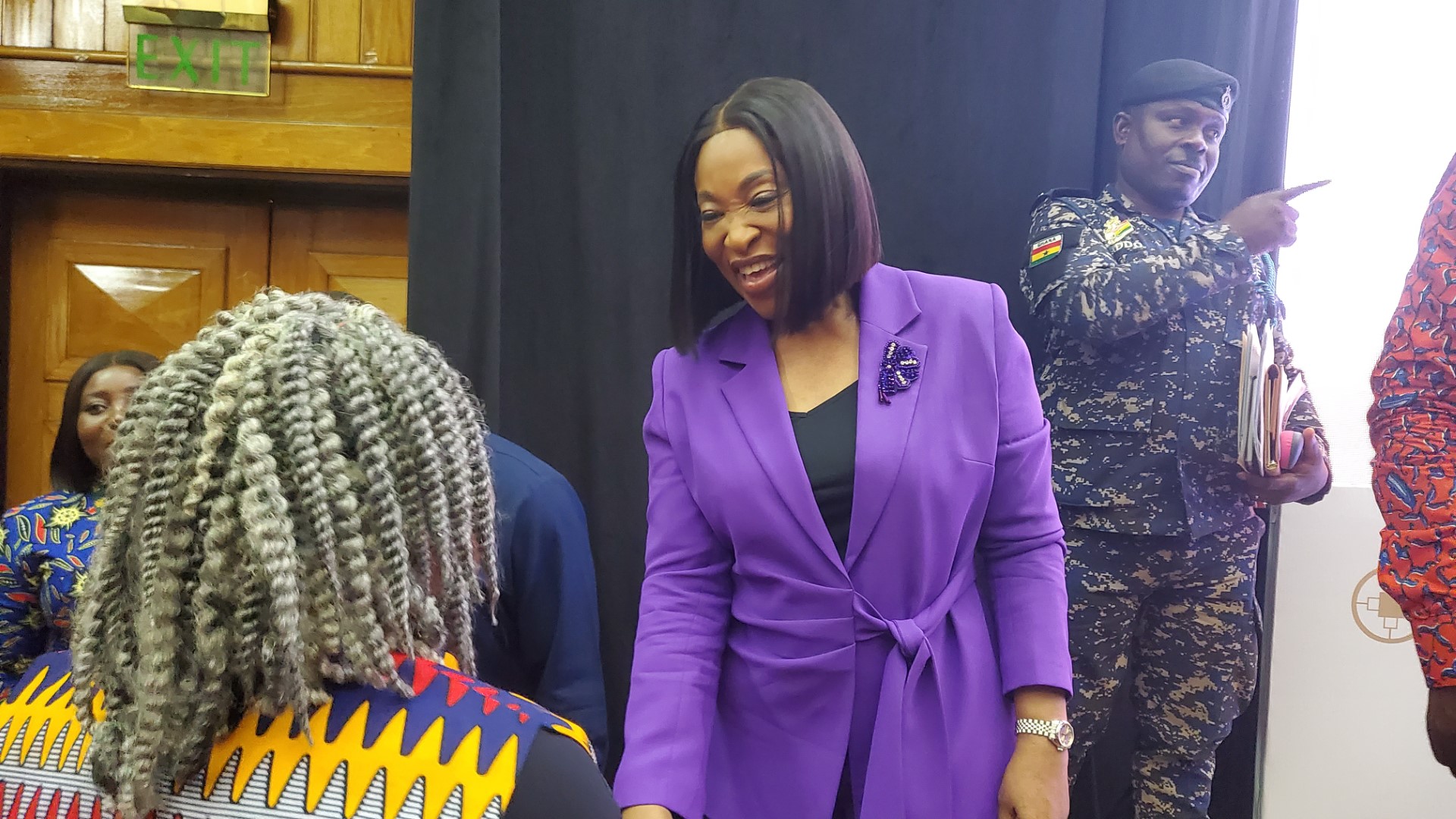
The Kenyan government said Tuesday it has stepped up efforts to reduce the country’s susceptibility to the severe effects of climate change by planting rapidly maturing bamboo in selected catchment areas.
Cabinet Secretary for Environment, Professor Judy Wakhungu said Nairobi is currently experiencing acute water shortage caused by low water levels in Ndaka-ini dam which serves 84 percent of Nairobi residents with water.
“Bamboo can grow in almost any kind of climate and thrive in the poorest of soils. To tap into this lucrative green economy, the government has positioned itself to commercialize bamboo,” Wakhungu said in a statement issued in Nairobi.
“The profit potential has become even greater as environmentalists link bamboo with climate change mitigation, and the possibility of increased income through carbon credits,” she said, noting that currently, effects of climate change are already being felt across the country.
The world bamboo market is growing, led by China and an increasing demand for sustainable products in Europe and the U.S.
According to the International Network of Bamboo and Rattan (INBAR), an intergovernmental organization registered with the UN that promotes the growing of bamboo and rattan for economic and environmental gains, the global bamboo economy is now valued at 60 billion U.S. dollars and is a potential income generator for rural communities.
The Vision 2030 Director General, Julius Muia, said that the Secretariat is seeking to identify ways to enhance awareness of the adverse effects of climate change.
Muia stated that the Initiative was geared at establishing appropriate mechanisms for involving the public in building resilience of the country’s poor and those in vulnerable situations.
“Climate change is a cross-cutting global issue and it is crucial that all stakeholders involved in the implementation of Vision 2030 flagship projects, work closely to mainstream fitting climate change responsive strategies into development plans,” he said.
Aware of the threats posed by global warming, the Kenya Vision 2030 Delivery Secretariat has been holding structured discussions with various stakeholders including private sector players to establish how best to incorporate climate change adaptation and mitigation strategies in County governments. Special focus has been directed to key Vision 2030 projects that are being implemented.
The bamboo planting program is a Kenya Vision 2030 project under the greening Kenya initiative. It is designed to encourage and enable Kenyans to participate widely in environmental activities by developing small bamboo forests in pursuit of achieving the targeted 10 percent forest cover by 2030. Enditem
Source: Xinhua/NewsGhana.com.gh
Read Full Story





















Facebook
Twitter
Pinterest
Instagram
Google+
YouTube
LinkedIn
RSS